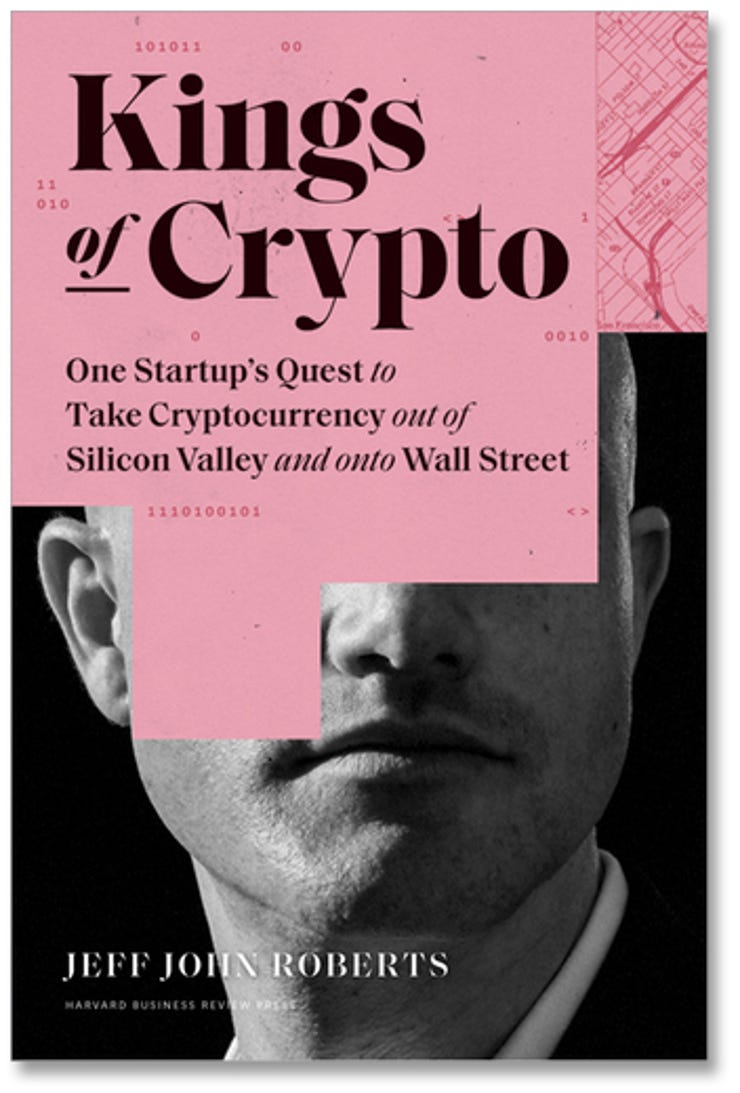'ZDNET Recommends': What exactly does it mean?
ZDNET's recommendations are based on many hours of testing, research, and comparison shopping. We gather data from the best available sources, including vendor and retailer listings as well as other relevant and independent reviews sites. And we pore over customer reviews to find out what matters to real people who already own and use the products and services we’re assessing.
When you click through from our site to a retailer and buy a product or service, we may earn affiliate commissions. This helps support our work, but does not affect what we cover or how, and it does not affect the price you pay. Neither ZDNET nor the author are compensated for these independent reviews. Indeed, we follow strict guidelines that ensure our editorial content is never influenced by advertisers.
ZDNET's editorial team writes on behalf of you, our reader. Our goal is to deliver the most accurate information and the most knowledgeable advice possible in order to help you make smarter buying decisions on tech gear and a wide array of products and services. Our editors thoroughly review and fact-check every article to ensure that our content meets the highest standards. If we have made an error or published misleading information, we will correct or clarify the article. If you see inaccuracies in our content, please report the mistake via this form.
Kings of Crypto, book review: How Coinbase helped to reshape the future of finance


Kings of Crypto: One Startup's Quest to Take Cryptocurrency Out of Silicon Valley and onto Wall Street • By Jeff John Roberts • Harvard Business Review • 256 pages • ISBN: 978-1-647820-18-3 • £22 / $30
The biggest chance at large, unearned sums of money that I ever passed up was around 2008, when a guy sitting next to me at a tech conference suggested I should mine a few bitcoin. I looked at all the technical complexity that was necessary to do it and thought it was just too much trouble (it was!).
Where there is technical complexity, as dozens of early internet startups could tell you, there is a market opportunity.
SEE: Want to get things done in tech? You'll need these surprising new allies
In Jeff John Roberts' Kings of Crypto: One Startup's Quest to Take Cryptocurrency Out of Silicon Valley and onto Wall Street, the founder who seized the opportunity was Brian Armstrong, and the startup whose rollercoaster he rode was Coinbase. Vintage purists will note the use of "crypto" for "cryptocurrencies" -- a recent appropriation of the word, which for decades has denoted the more general "cryptography".
In many ways, the story of Coinbase is little different from that of most startups: guy hits on an idea, seeks funding, has some ups and downs, and becomes book-worthy by either spectacularly flaming out or by building a successful business that's the envy of other major businesses.
What's different about Coinbase is that its fortunes depended on those of the wildly volatile and scam-filled cryptocurrencies market, and on increasingly interested (for both good and bad) regulators and law enforcement. Neither of these external factors mixes well with the seat-of-the-pants we'll-figure-out-the-legal-stuff-later ethos of many Silicon Valley start-ups, including this one. Otherwise, exploits like Coinbase's use of geofencing to dupe Apple into thinking its app didn't have to pay commissions would be less notable than Uber's similar trick aimed at law enforcement.
Naturally, any company trying to make something complex and technical easy for the masses is divisive among some hardcore techies. Coinbase's sin -- which is the same sin as web farms, blog farms, and social media sites -- is that it centralises something whose founding myth included decentralisation and unregulated freedom. In Coinbase's case, that something is keys and hosted software wallets. At other times, the company's own Silicon Valley roots got it into trouble: even a Silicon Valley bank rejected them as a customer when it realised the scams for which cryptocurrencies could be used. When the IRS demanded a copy of its entire customer database, the company fought back in court (and won).
Roberts does a good job of making complex background compelling: the hacker-libertarian culture that produced cryptocurrencies, the underlying technology, the conflicting motives of early adopters that were exposed when growth sparked heated disagreement over block sizes, and the passing craze for ICOs (Initial Coin Offerings). Despite all this, Roberts argues that it's the financial industry's turn to be fundamentally reshaped, just as others -- hospitality, automotive, media -- already have been, and Coinbase's trajectory suggests how it will happen.
Roberts seeks to make some predictions in the final chapter, and argues his main point: that Coinbase will become a bank.
Predicting this stuff is hard. In The Currency Cold War, Dave Birch distinguished between cryptocurrencies, which he saw as an intermediate step, and digital currencies, which are now being studied for adoption by central banks, governments, and credit card companies. But by the time Coinbase becomes a bank -- if it does -- will banks still matter?
RECENT AND RELATED CONTENT
Cryptocurrency: Should Bitcoin mining be curbed in Europe? Swedish authorities say yes
Cryptocurrency leaders see exponential growth; banks embrace crypto as an asset class
US indicts UK resident 'PlugwalkJoe' for cryptocurrency theft
US Deputy Attorney General launches cryptocurrency enforcement team at DOJ
Coinbase sends out breach notification letters after 6,000 accounts had cryptocurrency stolen
Read more book reviews
- Work Without the Worker, book review: Microtasking, automation and the future of work
- Ethical Hacking, book review: A hands-on guide for would-be security professionals
- The New Breed book review: Use animals, not humans, as the model for robots
- Exponential, book review: Technology acceleration and its impact on society
- TikTok Boom, book review: The rise and rise of YouTube's younger, hipper competitor